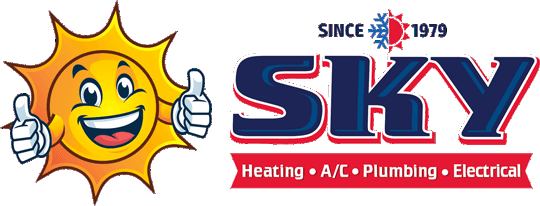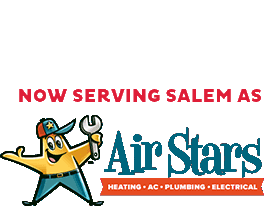
Choosing the right heating system for your home can be a tough decision. When it comes to deciding between a heat pump vs furnace, weighing things like heating costs, efficiency, and indoor air quality all come into play. We’re here to shed some light, and warmth, on this sometimes confusing investment, so you can choose the heating source that best suits your lifestyle and family’s needs.
According to the U.S. Department of Energy, compared to lighting and cooking energy costs that fall between 4%-6%, heating accounts for about 45% of the average American household energy expenses. That’s even more of a reason to take every factor into consideration before purchasing a heat pump vs furnace. Whichever you choose could have a major impact on the overall cost of your monthly and yearly energy bill.
Heat Pump vs Furnace, Which Is Best?
Furnaces and heat pumps both work by heating air and distributing it throughout the home via air ducts. But while they both deliver heated air through a ductwork system, there are significant differences. Understanding their differences before choosing to install a heat pump or furnace is key to saving money in the long term. Determining whether a heat pump or furnace is best for your home or business will depend on several factors, including:
Energy Source
One glaring difference between heat pumps and furnaces is their energy source. Simply put, heat pumps use electricity, while furnaces burn fuel and gas to generate warm air. Some homes and neighborhoods are not equipped to use natural gas, so that may play a role in whether or not your home can be outfitted with a furnace.
Cost
Natural gas and fuels such as propane or pellet fuel are much cheaper than electricity. But as we mentioned above, some areas and municipalities don’t have access to natural gas. If you are fortunate enough to be able to safely access a natural gas line in your area or can buy inexpensive fuel, a furnace may be the best choice to affordably heat your home.
Climate
Since electricity is typically more expensive than natural gas, heat pumps are a more popular choice in parts of the county that have moderate climates. Heat pumps tend to struggle when temperatures dip below 30 degrees. The lower the outside temperatures go, the more energy a heat pump has to use to adequately heat the indoor air, which drives up your utility bill.
Some families that live in colder climates may choose to use a heat pump, but they back it up with a secondary heating system that takes over when and if the temperatures get too cold for a heat pump to operate at peak performance. Homeowners that live in warmer climates don’t need to continually run the heat throughout the winter months as it isn’t needed to comfortably sustain indoor temperatures, so a heat pump is a more affordable choice for their needs.
Comfort
Indoor air quality is another factor to consider. Furnaces dish out drier air than that of what a heat pump produces. The air generated by a heat pump is less harsh than what you would find with an old-school gas furnace. Although both furnaces and heat pumps work to heat your home, a heat pump offers more natural humidity which helps keep your skin moisturized and doesn’t put a strain on sensitive respiratory systems.
Lifespan & Efficiency
Gas furnaces typically last longer than heat pumps, with a lifespan of around 20 years if they are properly maintained and serviced. While heat pumps, just like an HVAC or air conditioning system, will last about 15 years with proper maintenance. Another benefit of a furnace is that you may only use them for a few months out of the year, which will require less routine maintenance, meaning fewer repairs overall.
Contact Sky Heating for Heat Pump or Furnace Repair
If you are having an issue with your furnace, our technicians are fully trained and equipped to quickly determine the source of the problem and correct it. In addition to repairs and furnace replacement, we provide ductwork, indoor air quality, and plumbing services in Portland, Gresham, The Dalles, and elsewhere across Oregon and Southwest Washington. Call us at 541-275-2918 or reach out online to schedule HVAC service.

